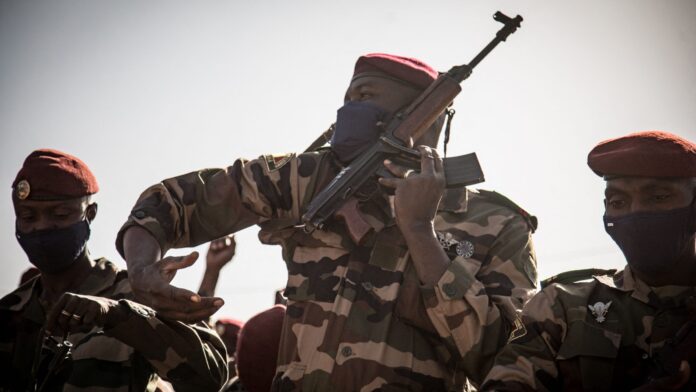
RECENT arrests of company executives in Mali had “raised the bar” on jurisictional risk especially as many West African nations were demanding a greater share of production and economic proceeds from mining.
“It is an awakening for mining companies,” said Steven Lepine, an energy and mining expert at consultancy AlixPartners. Commenting in a Financial Times article, Lepine added: “Everyone knows that there is jurisdictional risk but it’s an awakening that it can be a personal risk for management — this really raises the bar”.
On November 10, Resolute Mining confirmed its CEO Terry Holohan had been detained by government officials in Bamako, Mali’s capital on two days earlier (November 8). He had been meeting with government representatives regarding specific claims levelled at the company which it said were unsubstantiated.
Citing Resolute Mining’s 2022 financial report, the Financial Times said the miner was contesting demands from Mali tax authorities for additional payments worth more than $100m on taxes between 2015 and 2021.
Barrick Gold employees were detained last month by Mali’s government, a military junta following a second coup in 2021. They were released but the Toronto-listed company continues to negotiate a payment to the government amid claims thought to be between $350m and $500m is owed in alleged unpaid taxes.
John Meyer, partner at corporate advisory firm SP Angel, told the Financial Times the new rules represented a “significant increase in the effective taxation of miners” operating in the country.
“A near worst-case scenario now appears to be evolving whereby companies are being required to hand over a further 15 per cent of their projects in Mali for very little in the way of compensation,” he said.
“The situation will dissuade many companies from further investment in Mali, and we suspect all but the most essential exploration will stop.”
Mali has overhauled the country’s mining sector after legislating a new mining code in 2023, and running an audit of new projects. The code demands that the state own up to 35% of new projects. Existing miners seeking licences for mineral resource extensions will also have to fall in with the new rules.
But Burkina Faso had also updated its mining code whilst in Niger the government had during July withdrawn the mining licence for Madaouela, a uranium project that Toronto-listed group Goviex was building.
Commenting on Holohan, who was detained with two other colleagues, Resolute said they were receiving support “on the ground” from the UK and International Embassies and Consulates.











